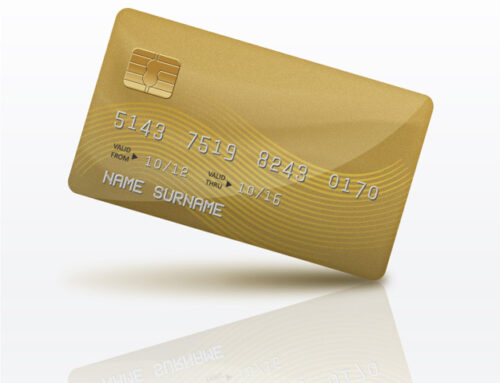Simple Steps to Increase Your Credit Score
1. Monitor Your Credit Score
According to an FTC survey, 25% of Americans had an error on their credit report. Even worse, 20% of those people had an error that could hurt their ability to get a loan.
That’s why it’s a good idea to always keep an eye on your credit. There are many paid credit monitoring services out there, but you can do the job yourself for free by checking your credit report at regular intervals.
Pay Bills On Time
The best thing you can do to help your credit score is to avoid late payments. That’s because a full 35% of your credit score is determined by your payment history — more than any other factor.
Even one payment that’s just 30 days late can drop your credit score by up to 100 points or more, according to FICO. Worse still, late payments stay on your credit report for a full seven years.
Dispute Previous Negative Remarks and Incorrect Late Payments
If you do find an error on your credit report, don’t freak out. You can actually dispute the error with each of the credit bureaus.Once you dispute a mark on your credit report, they’re legally obligated to investigate and remove the mark if it’s found to be invalid.
Lower Your Credit Utilization
“Credit utilization” refers to the percentage of available credit you’re using. For example, if you have two credit cards with a total limit of $10,000 and a balance of $500 on each card, then your credit utilization ratio is 10%.The lower your credit utilization ratio, the better. Many credit experts recommend keeping it at under 30%.
Diversify Your Credit Mix If It Makes Sense for You
Your “credit mix,” or the types of credit you have, makes up 10% of your overall score. This isn’t the largest contributing factor, but you can boost your credit score further by carrying a mix of different types of credit. However, you should avoid taking on any extra debt just for the sake of improving your credit mix.
Keep Hard Inquiries to a Minimum
If you need to take out a loan, you can often check your rate with different lenders for free. This generally results in a “soft credit check” or a “soft credit pull,” where the lender gets access to a limited version of your credit report. These don’t harm your credit score.
https://www.dollarsprout.com/how-to-improve-your-credit-score/






Leave A Comment
You must be logged in to post a comment.